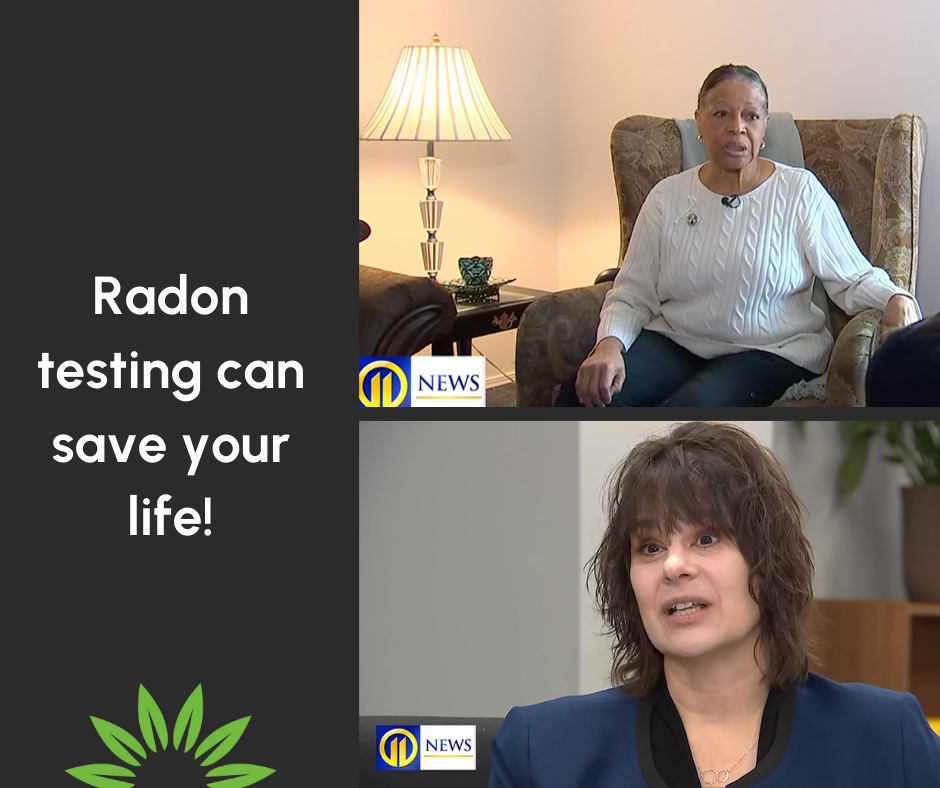FOR IMMEDIATE RELEASE
Contact: Dolores Parker
Email: dolores@WomenForaHealthyEnvironment.org
Phone: 941-735-2547
Women for a Healthy Environment (WHE) Pilot Study Shows Air Filters Significantly Reduce PM2.5 Levels in Philadelphia Childcare Centers
Why This Is Important: Developing Lungs Are More Susceptible to Harms by Air Pollution
Pittsburgh, PA (May 22, 2024) – A new pilot study conducted by WHE demonstrated the effectiveness of air filters in reducing harmful particulate matter (PM2.5) in childcare centers located in Environmental Justice areas of Philadelphia. The study investigated the impact of Medifyair MA-50 and MA-112 HEPA air filters on improving indoor air quality (IAQ) for children and staff.
Significant Reduction in PM2.5 Levels
The project equipped eight childcare centers with Medifyair Air Filters (provided by the Philadelphia Department of Health) and Indoor Air Quality monitors to measure PM2.5 concentrations over a two-week period. The results were impressive, revealing an average decrease in PM2.5 levels from 6.04 μg/m3 to 1.02 μg/m3. This dramatic drop signifies a substantial improvement in air quality within childcare centers.
Improved Indoor Air Quality
The study also observed a significant improvement in overall IAQ, with average levels dropping from 23.79 μg/m3 to 4.13 μg/m3. These findings highlight the potential of air filtration systems to create healthier environments for children, many of whom are particularly vulnerable to respiratory illnesses. Children’s lungs are still developing, making them more susceptible to the harmful effects of air pollution.
Managing Indoor Air Quality
By providing childcare staff with access to indoor air monitoring data, the study emphasizes the importance of understanding air flow and quality within their facilities. This knowledge empowers staff to adjust schedules and ventilation which further improves indoor air quality.
Beyond Childcare: Broader Implications
This study’s significance goes beyond childcare centers,” said Michelle Naccarati-Chapkis, Executive Director, WHE. “By demonstrating the link between improved indoor air quality and potentially reduced health issues, particularly in vulnerable populations, our findings offer valuable insights that can inform public health initiatives in diverse communities. These results can be a stepping stone for further research and the development of strategies to create healthier indoor environments for everyone.”
Future Research Opportunities
The study recommends further exploration to understand the impact of air filters on additional factors like CO2 levels and humidity, which can impact both air quality and HVAC efficiency. Additionally, future research could examine the correlation between improved IAQ and reduced incidence of respiratory illnesses such as asthma and COVID-19.
Recommendations for Optimal Air Quality
Based on the pilot project, the research team offers practical recommendations for childcare centers to maintain optimal air quality:
Operate Medifyair filters year-round during business hours at level 4 speed.
- Adhere to scheduled filter replacements as per manufacturer guidelines.
- Strategically place air filters near kitchens during cooking periods.
- Utilize air quality sensors for continuous monitoring and awareness building.
- Monitor outdoor EPA’s Air Quality Index (AQI) daily and adjust Bme spent outdoors
accordingly. - Implement measures to reduce indoor source pollution such as using walk-off mats,
removing shoes, and discontinuing the use of air fresheners. - PrioriBze proper and adequate venBlaBon maintenance.
- WHE recommends the distribution and use of air filters in both commercial and family-based
early learning centers, particularly those located in environmental justice communities
with higher-than-average asthma rates in children.
This study, along with similar research, demonstrates the effectiveness of air filters in improving indoor air quality. Operating air filters in homes is another tool to improve community health, and WHE encourages their use.
This pilot project offers a compelling case for utilizing air filtration systems to improve indoor air quality in childcare centers and potentially mitigate health disparities in vulnerable populations. By following the outlined recommendations and continuing research in this area, childcare centers and public health officials can work together to create healthier environments for children and staff.
This project was funded by the US EPA through a Cooperative Agreement titled: Children’s Healthy Learning Environments in Low Income and Minority Communities Across Philadelphia – GRANT NUMBER (FAIN): 96392901, EPA QA Document Control #: DCN 220236.





